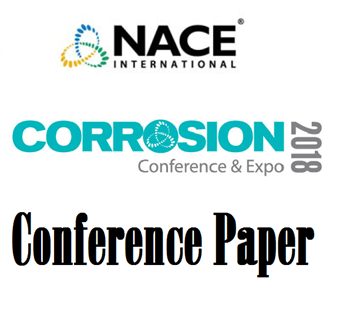Search
09168 High Temperature Corrosion Under Simulated Biomass Deposit Conditions
Also Purchased
51312-01308-Superheater Corrosion Produced by Biomass Fuels
Product Number:
51312-01308-SG
ISBN:
01308 2012 CP
Publication Date:
2012
$20.00
51312-01645-Corrosion Studies Of Raw And Treated Biomass-Derived Pyrolysis Oils
Product Number:
51312-01645-SG
ISBN:
01645 2012 CP
Publication Date:
2012
$20.00
51318-11246-Materials Issues In Biomass Gasification
Product Number:
51318-11246-SG
Publication Date:
2018
$20.00




